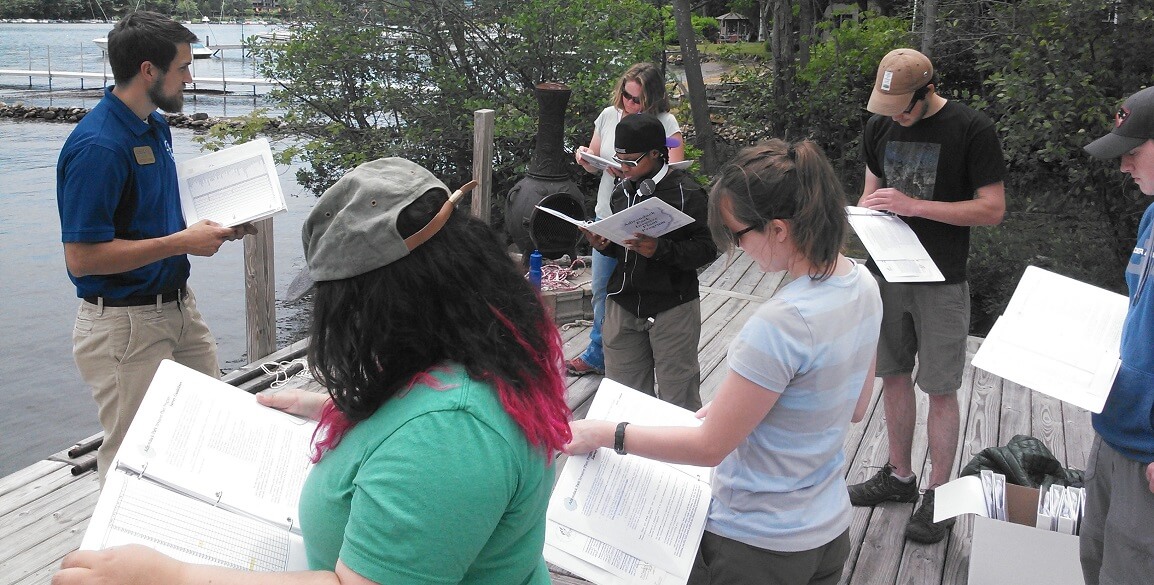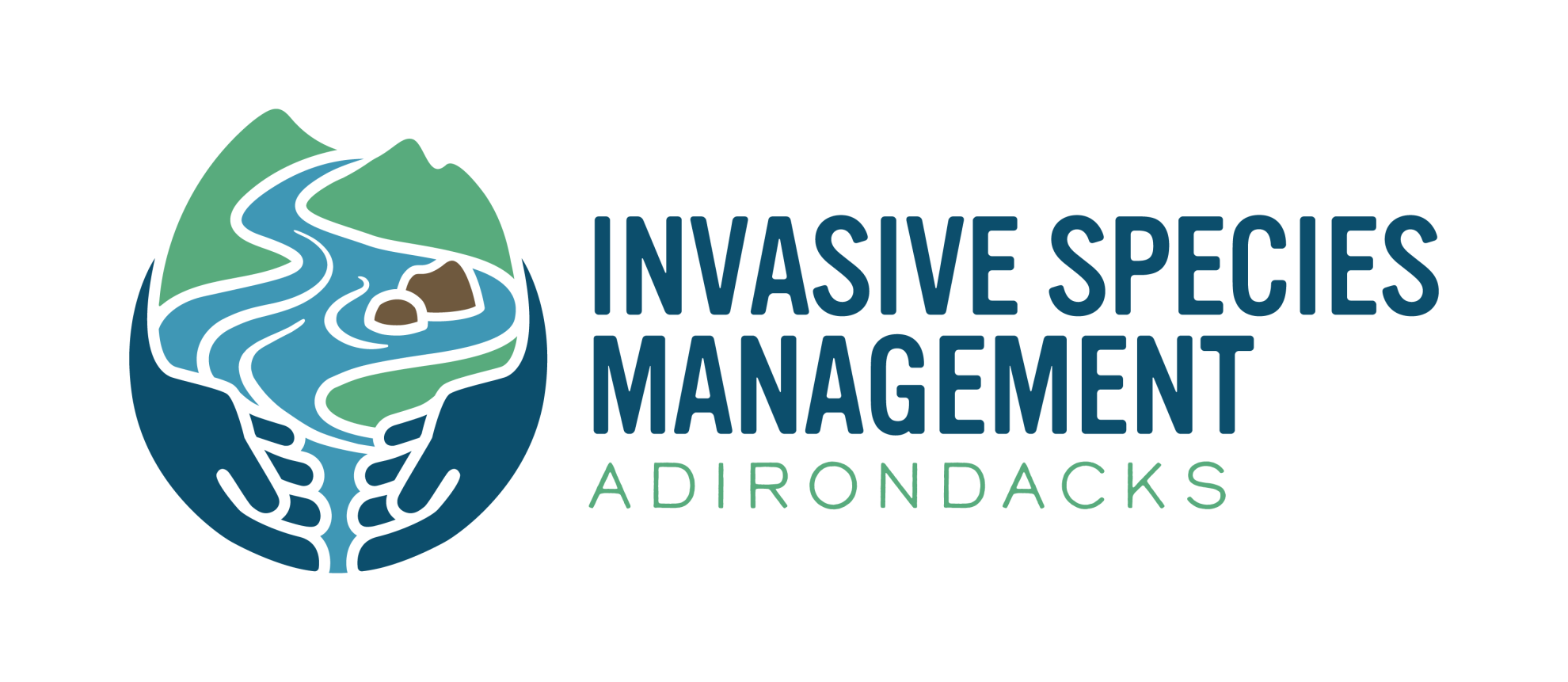APIPP Announces Free Invasive Species Identification, Survey, and Management Trainings

APIPP Announces Free Invasive Species Identification, Survey, and Management Trainings
Terrestrial Invasive Species Trainings
Recommended for landowners, gardeners, landscapers, and highway department staff. Continuing education credits available for New York State pesticide applicators as well as forestry, nursery, and landscape professionals.
Aquatic Invasive Species Trainings
Recommended for lake association members, boaters, paddlers, and anglers. Participants will also learn about volunteer opportunities to survey specific lakes and ponds for aquatic invasive species to add to APIPP’s region-wide database.
Innovations in Invasive Species Prevention, Early Detection, and Management Summit
A morning session on Advancements in Biological Control & Host Resistance for Invasive Species Management will be followed by a session on Advancements in Remote Sensing & New Technologies for Invasive Species Prevention & Early Detection.

